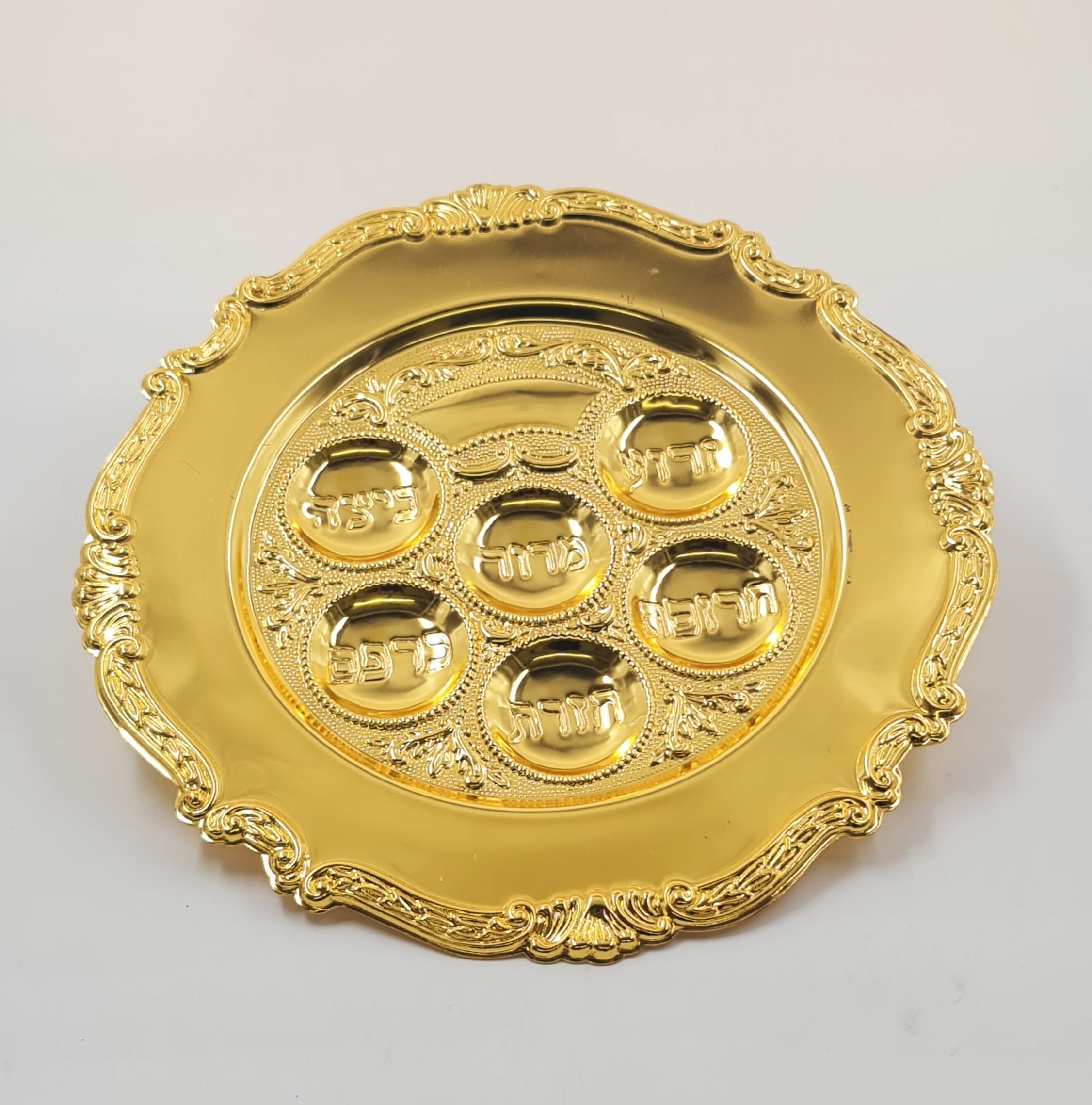
Rebbe Nachman’s Stories: Clever & Simple One – Today
Rebbe Nachman's famous tales are timeless and ever so relevant to our generation, as Racheli Reckles shows in her contemporary rendition of "The Clever and the Simple"…

This story is a modern variation of Rebbe Nachman’s famous tale, “The Clever One and the Simple One.” Enjoy!
Once there was a wealthy householder who lived in New York City. He was mega-rich, and had a mansion that was so grandiose, it was featured on MTV’s “Cribs.” He had a son who graduated Summa Cum Laude from Yale, and was due to begin medical school at Harvard in the fall.
Unfortunately, over the summer the stock market crashed, and the mega-billionaire lost everything nearly overnight. He tearfully told his son that he was unable to pay for his medical school bills, so he’d either have to marry an heiress and have the father-in-law agree to support him, or he’d better go and do the unthinkable and get a job.
The son wrinkled his perfectly sculpted nose in distaste and weighed his options. As attractive as the option of marrying into the Hilton family sounded to him, he felt he was too much of a catch to be tied down to one woman in the prime of his life. So he decided to use his Amex Centurion Card – The Black Card – to travel the world in high style until it would inevitably get declined.
One day, it happened. The card was declined, and the son was stranded in London without a pound to his  name and with no place to sleep. As he crashed at his friends’ palaces, he came to terms with his nightmare called “reality,” and decided that he must get a job.
name and with no place to sleep. As he crashed at his friends’ palaces, he came to terms with his nightmare called “reality,” and decided that he must get a job.
So he walked into Burberry, his favorite clothing store on Bond Street, and asked for a job. He was given the job of organizing and folding clothes, and did the bidding of the other salespeople and the manager of the store. Quickly, the manager realized that this kid had potential, so he quickly promoted him to salesperson. In no time, the son was promoted to supervisor.
One day, he decided that he was too smart and well-traveled to waste his life in retail, so he took his small savings and moved on. He had a deep philosophical debate about what he should do with his life at this point, and he came to the conclusion that he should be a gem cutter and jewelry designer.
After two years of apprenticing under a master artisan, he landed a job at the ultra-exclusive House of Graff. Graff diamonds and jewelry are among the most beautiful and expensive in the world. As this young man was gifted with many gifts, he quickly rose to the level of master craftsman. Soon thereafter, he began to philosophize in a fit of philosophical genius, and concluded that maybe one day jewelry designers wouldn’t be in high demand. Clearly this guy wasn’t married and had never met a girl in his life. That, or he was insane and delusional.
So he left Graff, and rich women across the world mourned. At this point, he decided to give medical school a try, because he had earned a nice living as a top jewelry designer. So he used his connections and got himself re-accepted to Harvard.
The clever son graduated medical school with top honors. He specialized in two areas: neuro-opthalmology and nephrology. People traveled from around the world in search of his medical wisdom and innovative treatments.
Even though the clever one had accomplished tremendous achievements in his life, he was absolutely miserable. His elite upbringing had made him allergic to modest surroundings, to the point that he would find himself feeling violently ill if he happened to be in need of a public restroom. His expansive medical knowledge also made him suffer. When a patient was healed, people wrote it off as chance. When a patient died, everyone blamed the brilliant doctor.
His suffering was compounded when he was asked to commission a diamond crown for none other than Queen Elizabeth. Upon examining his finished masterpiece, he noticed that one diamond was a millimeter off. This caused him great agony, even though no one else noticed the minor flaw, and everyone praised his ingenious work of art.
Eventually his ego could go no higher, and he came to the conclusion that everyone in the world, aside from himself, was a complete and utter fool. They were all simple ones; people who had nothing to offer society. In his mind, these simple folk would have been better off dead.
One day, as he was walking along consumed with misery, an old man with a long white beard and sparkling blue eyes approached him. “My son,” he said, “do you know where you came from?” The clever one looked up in surprise. “Of course, you old fool. I come from New York,” he answered.
“No, my child. That’s not what I meant,” the old man explained patiently. “Do you know where your soul came from?” For the first time in a very long time, the clever one had no answer. “Do you know why you are alive? Do you know Who created you? Do you know the meaning of life?” The old man bombarded him with questions that he found exceedingly frustrating and humiliating.
“With all of your culture, accomplishments, and worldly wisdom, you cannot answer these simple questions,” the old man said. “It seems that you are not as clever as you thought.”
Not able to withstand the agony of such unanswerable questions, the clever one jumped into a nearby pit of sewage and mud and drowned himself.
What a depressing ending, no?
How many of us live like the clever one? Most of the world spends their lives in pursuit of money, success, and vacations to the Bahamas, with little thought given to what in the world they are doing here. With all of their cleverness, they, in fact, are nothing more than simple fools.
We can call them clever simple ones.
It’s great to have knowledge, a good career, and nice things. But, if this is the extent of the purpose of your life, you are in for a rude awakening in the future. Hashem didn’t go to all the trouble of creating such a beautiful world and such an amazingly complicated and miraculous body in order for us to ignore Him. Everything around us – nature, the weather, our physical state of being – are all different ways that Hashem communicates with us. We must not allow ourselves to live with ant-like consciousness and pretend that God doesn’t exist because we don’t see Him. We can’t assume that there is no meaning to life, simply because we don’t understand it.
It’s time to awaken from our clever stupor and start asking questions. And there is no better way to start than by reading The Garden of Emuna. In this book, even the most clever ones will find answers to questions that have perplexed secular mankind throughout history. Let’s use our brains for more than just memorizing information; let’s use them to connect with Hashem.













Tell us what you think!
Thank you for your comment!
It will be published after approval by the Editor.